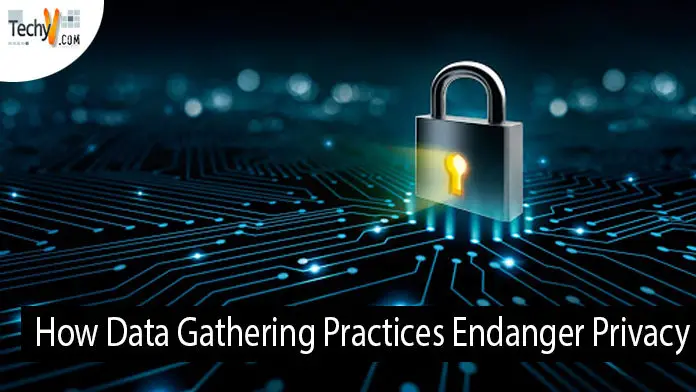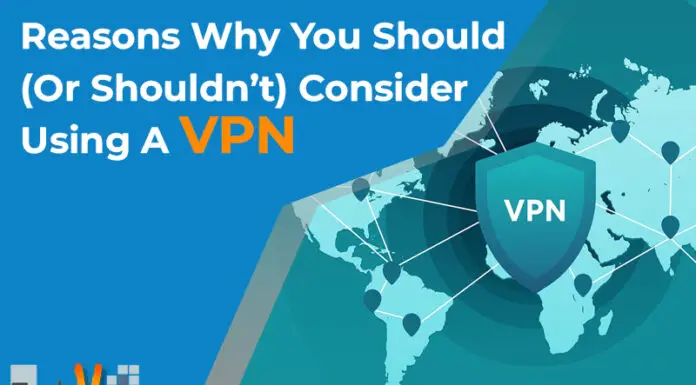Many experts are saying that data is now more valuable than gold, and they are correct. Data is being used widely in decision-making, automation, and other processes, so it is easy to see why data is now more valuable than ever.
When a marketer knows its users well, many aspects of the marketing campaign can be automated. Rather than displaying the same ad to all users, ad content can be tailored to users’ interests and tendencies.
The same is true with decision-making. The more a business knows about customers and their online habits, the easier it will be to decide which social media sites or advertising networks to use. Data may be valuable, but is the process of gathering data legitimate?
Data Collection as a Process
One thing to understand about data collection today is the fact that, well, everyone is doing it one way or another. Websites, advertising networks, businesses, and even individual users are amassing data from various sources.
Some data collection methods are legitimate. Websites that ask users to fill out a checkout form with personal details are asking for the data openly, and users who submit their personal details must be aware that they are giving those details willingly.
Subscription popups, payment pages, and other online forms are actively asking users to submit their data. Each site has a privacy policy and a way to manage user data too, but that doesn’t mean you can be 100% certain that your information is being stored securely.
On the other hand, there are data collection methods that are not as straightforward; in some cases, they may not be legitimate. You will be surprised by how much a site owner can find out about you when you visit a website.
Your IP address reveals details such as your approximate location and the internet service provider you use. Your browser header reveals what browser you use, the device you have, and the operating system version you currently have installed.
Additional tools like Facebook Pixel tracks your movement across the World Wide Web. With more sites now using analytic tools and tracking software, you can expect to be tracked regardless of the website you visit.
A Serious Privacy Concern
Data scraping is next on the list. We often share private information online through social media sites and other web services. What we don’t always realize is that this data can be collected by anyone with access to the same sites or networks.
More importantly, data scraping is not complicated at all. Using a simple tool, a reliable proxy server or a VPN, and a set of keywords, anyone can collect information that is – because it is posted on public pages – publicly available.
Here’s a good example: the email address you share when you ask for a report or a white paper on LinkedIn. It is an innocent thing to do, right? You share your email address to get valuable information in return. After you post your email address, however, it becomes publicly available.
Data scrapers can target the email address and collect information about you – the person behind the address. From the comment that contains your email address, scraping tools can collect the rest of your profile, including details about your current employment status and your location.
Emails are just the beginning. Today’s data scrapers focus more on valuable data that is shared (un)willingly. The photos you post on Facebook or Instagram are now the primary targets of data scrapers, and there is a good reason for that too.
Thanks to artificial intelligence and computer vision, images that are already available on the internet can be converted into data sets for further processing. Now that AI can be trained to recognize faces, capture biometric data, and perform other advanced tasks, the privacy risks are significantly higher.
Mitigating the Risks
Data gathering poses a significant risk to your privacy. Today’s internet still allows for large-scale data scraping operations to capture data from public sources and cause serious privacy concerns. Active steps need to be taken to mitigate this horrible risk.
The introduction of GDPR and the increasing awareness of data privacy are helping the cause. GDPR limits the kind of information that sites can store and forces site owners to process data deletion requests as quickly as possible.
Web services are also offering more privacy options. Google, for example, regularly updates its Privacy page so that users can take more control over their online privacy. You can use a VPN or proxy to stop sites from tracking you across multiple websites if you want to.
Still, data scrapers are finding new ways to overcome these challenges, and there are no real solutions to stop them. GDPR is a good start, but it is moving too slowly for the challenges we face today. At the end of the day, it is up to all of us to play a bigger part in managing our own data privacy.


















